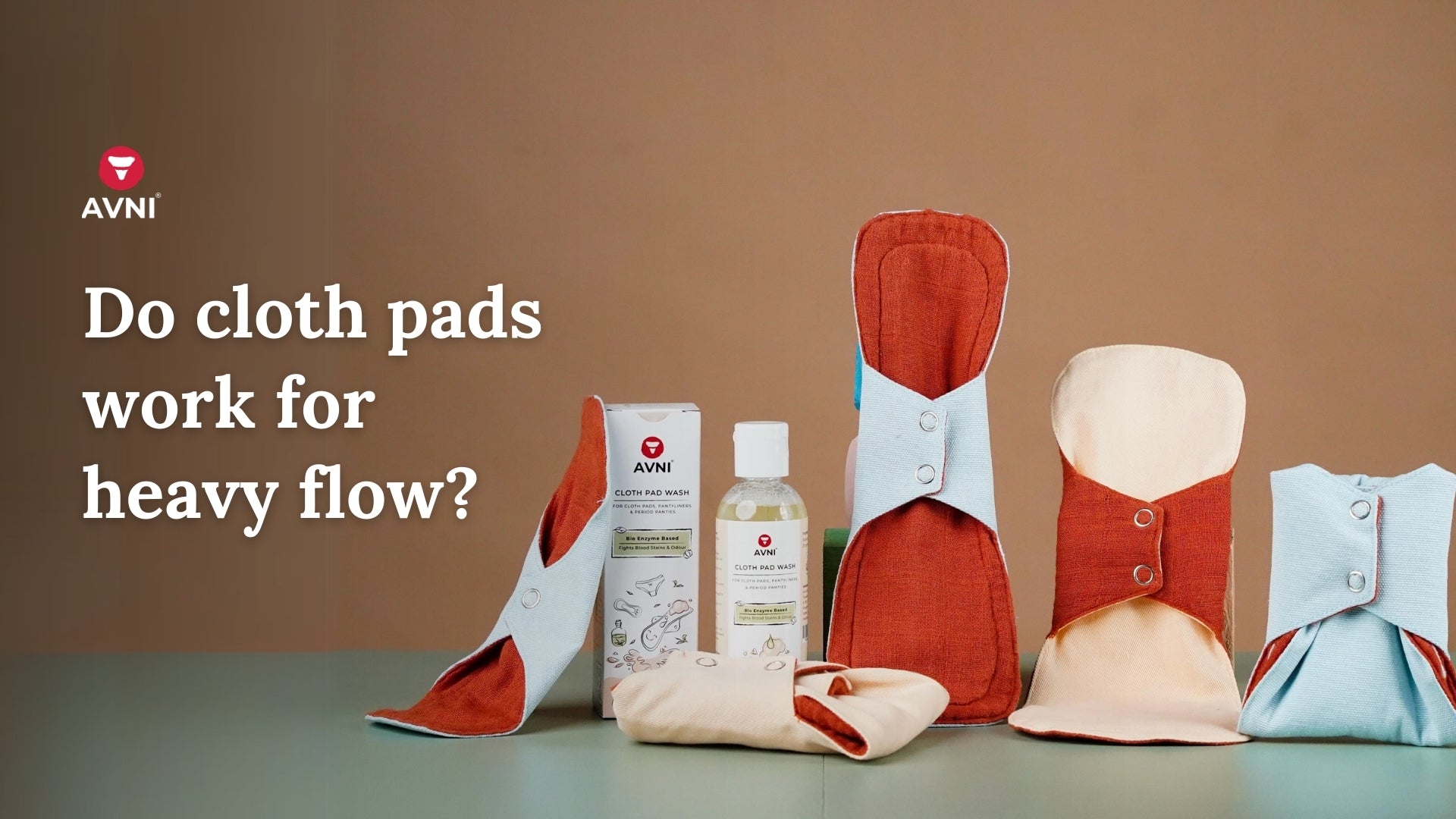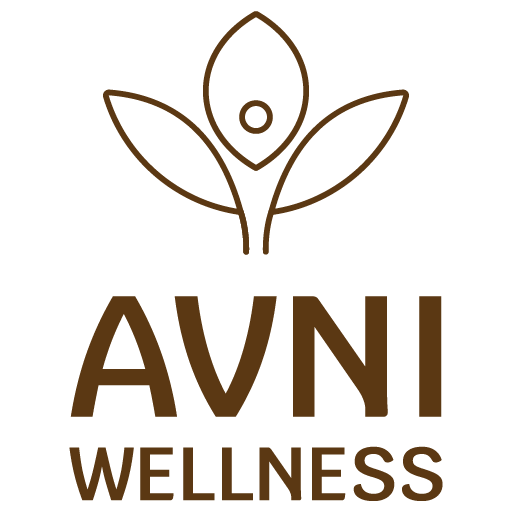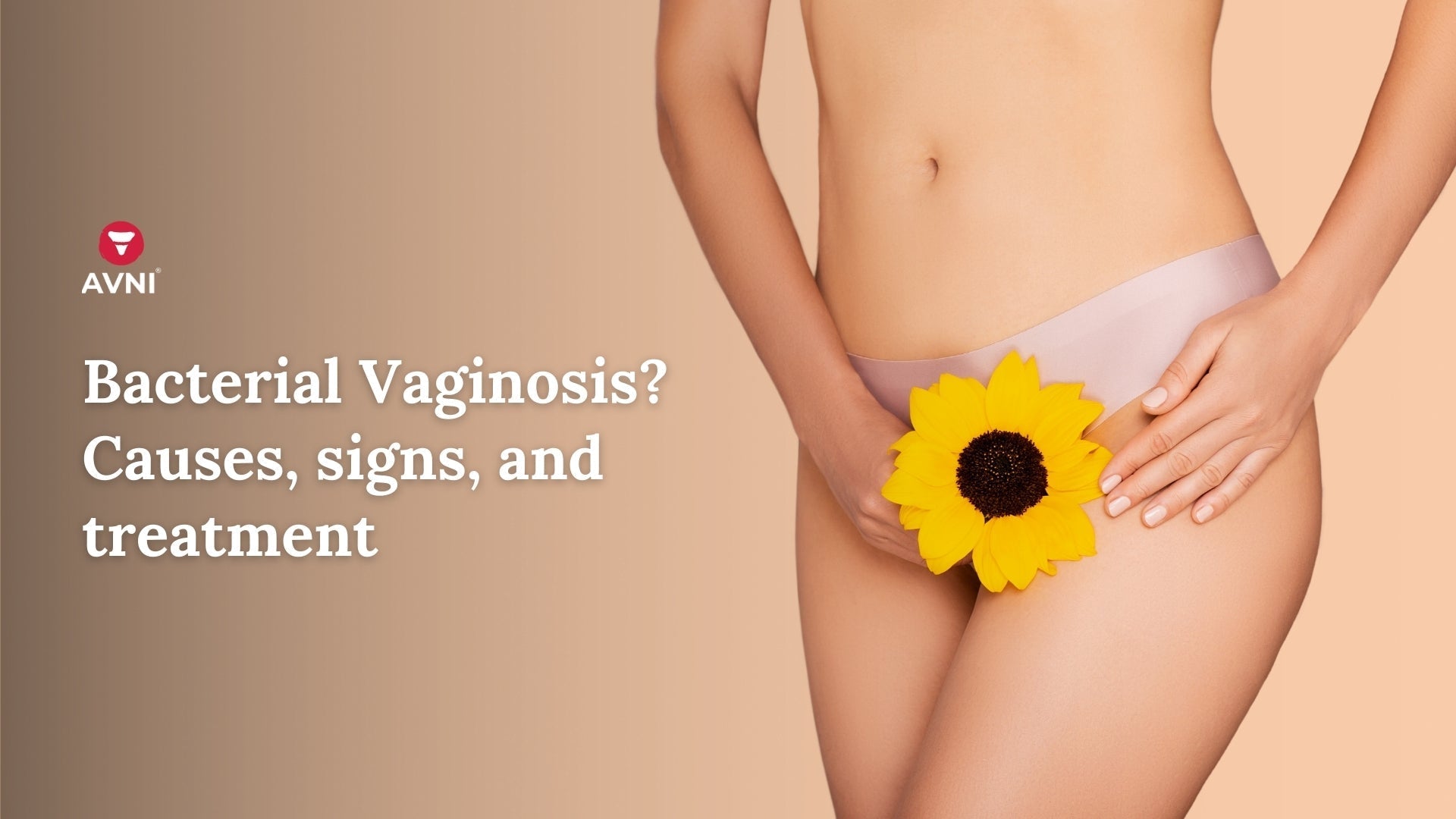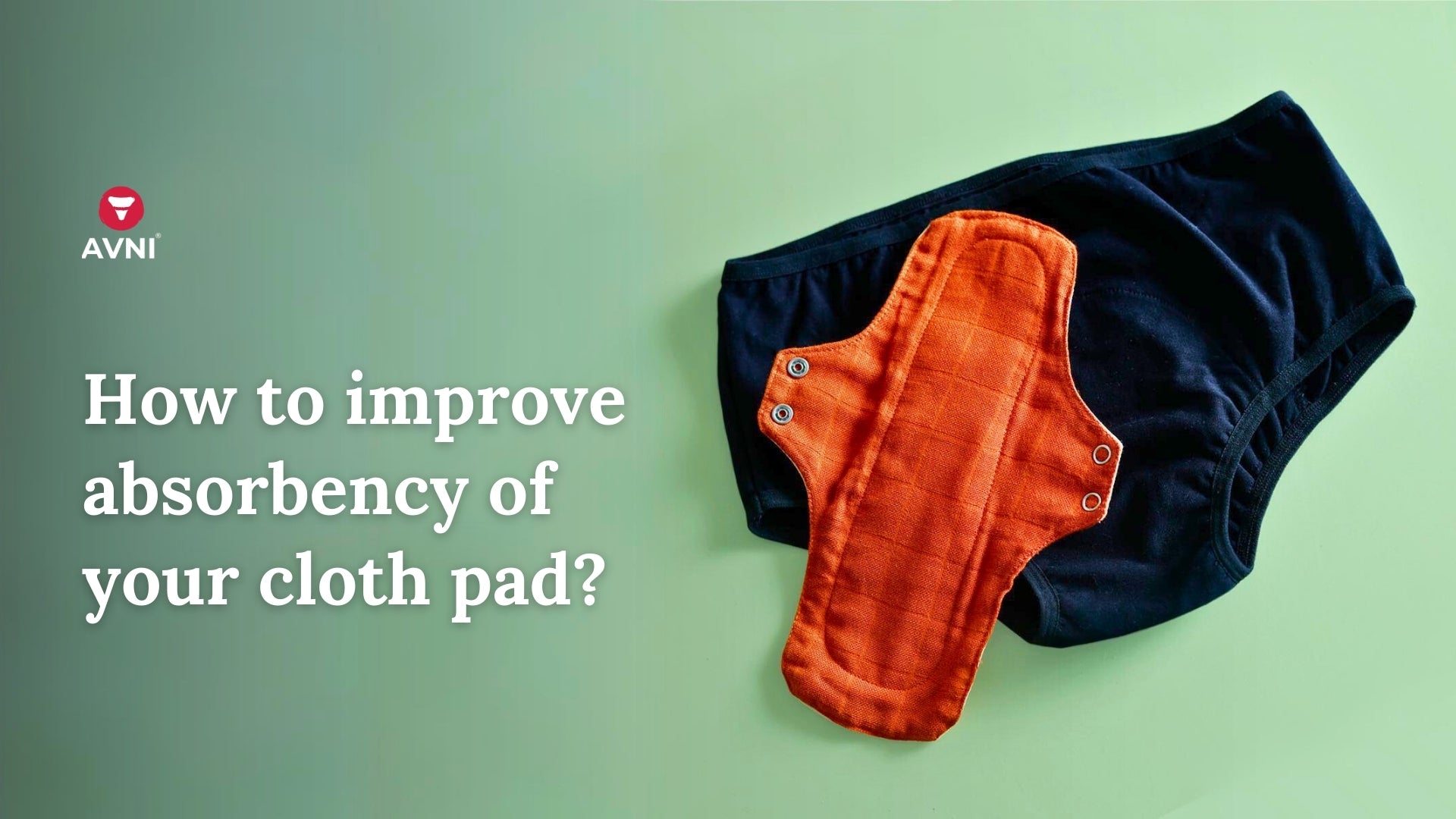
Do cloth pads work for heavy flow?
Heavy menstrual flow can be challenging for many women - dealing with uncomfortable and sometimes embarrassing leakage and the hassle of constantly changing pads or tampons.
Fortunately, cloth pads offer an alternative solution that is both efficient and eco-friendly. Read on to learn more about how cloth pads work during heavy flows and if they are a practical option.

What is a heavy flow?
Heavy flow, or heavy menstrual bleeding (HMB), is bleeding that soaks through one or more sanitary pads or tampons every hour for several consecutive hours or lasts for more than seven days. Heavy flow can also refer to blood clots bigger than a quarter.
You're not alone if you have a heavy flow—it's a common problem. 1 in 5 women has HMB. Many women with heavy flow find that traditional sanitary pads and tampons don't offer enough protection, which is where cloth pads come in.
Cloth pads are an eco-friendly and reusable alternative to disposable pads and tampons. They are made of absorbent materials like cotton or bamboo and can be washed and reused multiple times.
Cloth pads come in various sizes, shapes, and styles to suit your individual needs, and many users prefer them for their natural and soft feel.
They can hold 2-3x more liquid than a regular pad, making them ideal for women with HMB. Plus, they're less likely to leak than disposables—so you can rest assured knowing you're protected all day long.
If you're considering switching to cloth pads but are curious if they'll work for your heavy flow, go for it! You may be surprised at how well they perform.
Understanding the cloth pad
If you’re considering switching to cloth pads, you may wonder if they can handle heavy flows. The short answer is: yes! Cloth pads are an excellent option for women with heavy periods.
Cloth pads are made of absorbent fabric, usually cotton or bamboo. They have a waterproof backing to prevent leaks. Most cloth pads have wings that snap around your underwear to keep them in place.
Cloth pads work by absorbing menstrual blood into the fabric. The fabric's absorbency will depend on the fabric used and the number of layers. Cloth pads can hold a lot of menstrual blood, so they’re a good option for women with heavy flows.
There are a few things to consider when thinking about using cloth pads for heavy flow – here are some pros and cons to help you make your decision:
Pros:
- They are more environmentally friendly than disposable pads.
- They can be less expensive in the long run.
- Some people find them more comfortable to wear.
Cons:
- They require more effort to wash and take care of.
- You need access to a washing machine and dryer (or somewhere to hang them up to dry).
- They may not be as absorbent as disposable pads.

How do cloth pads work during heavy flows?
You need a pad that can keep up with the heavy flow. Cloth pads are up for the challenge! They are designed to hold more blood than disposables so you can feel confident and secure even on your heaviest days.
Cloth pads work by absorbing blood into the core of the pad. The core is usually made of cotton, which is highly absorbent. Some cloth pads also have a layer of fleece or other fabric in the middle, which helps to wick away moisture and keep you feeling dry. The outer layer of the pad is usually made of leak-proof material like PUL, which keeps everything inside where it belongs.
The snap placement ensures they stay put no matter how active they are. When it's time to change your pad, simply unsnap the wings and remove the pad. Then rinse it off (if necessary) and pop it in the washing machine. It's that easy!
Ways to deal with a heavy flow on your period?
If you have a heavy flow, there are a few things you can do to make sure your cloth pads work effectively:
- Use a pad with a high absorbency rating.
- Change your pad more frequently than you would with a lighter flow.
- Use a liner and your regular pad for added protection.
- If leaks occur, change into clean clothes and use a stain remover on the affected area as soon as possible.
Heavy flows no more restrict the usage of a cloth pad. New techniques and natural materials are making it easier for these natural alternatives to become household names regarding sanitary care.
If you are looking for reliable, sturdy, and long-lasting cloth pads for your heavy days, try Avni’s Lush Pads. Organic cotton and natural anti-microbial elements make these cloth pads your go-to sanitary companion during heavy days.



Leave a comment
This site is protected by hCaptcha and the hCaptcha Privacy Policy and Terms of Service apply.